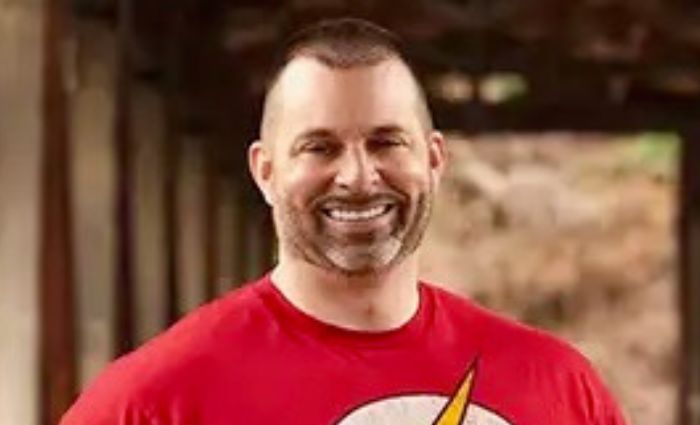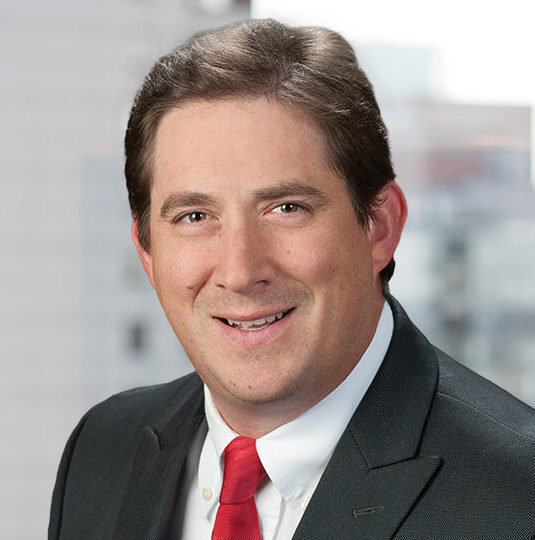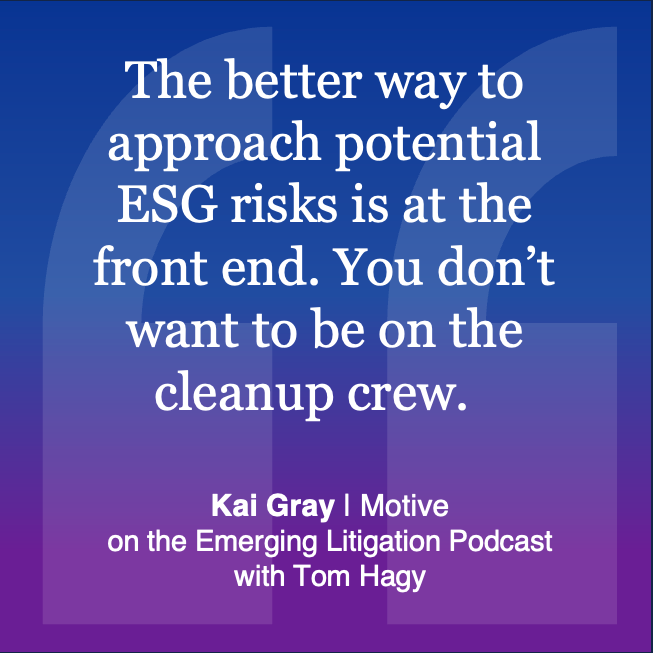Copyright Issues in Generative AI for Software: Doe v. Github, Inc. et al.
The ongoing case of Doe v. Github Inc. et al. addresses copyright-related issues inherent in the Copilot generative AI that allows users to enter prompts to generate software code. This case addresses many of the issues involved in the training and use of generative AI for generating software code. The author, Jeffrey Gluck examines these issues, which he anticipates will have far-reaching implications for AI-generated works in the future. As Jeffrey notes, "Github is a case that may have far-reaching implications for AI-generated works in the future".















